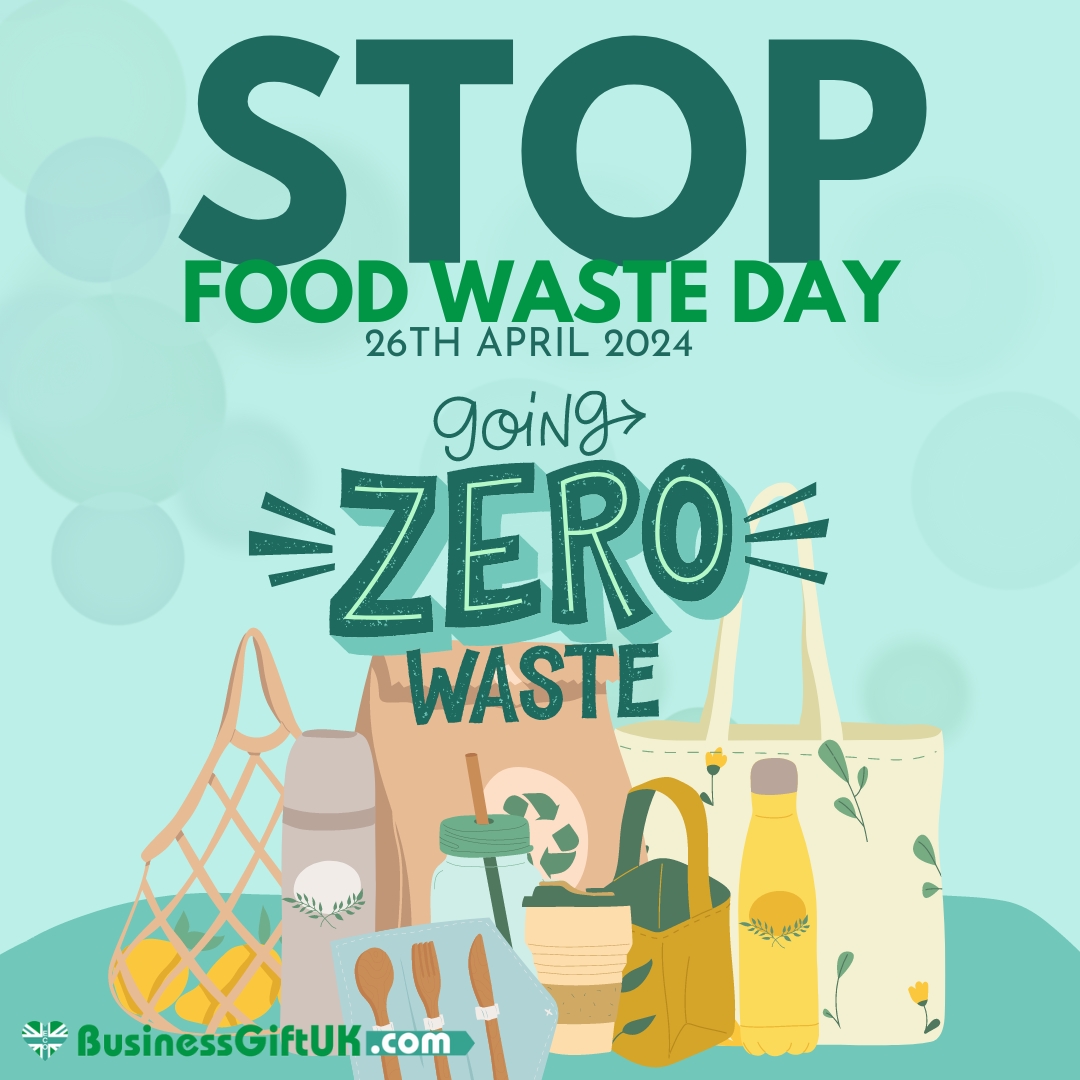Food waste is a huge global issue. The Stop Food Waste movement began in the USA in 2017, and they have gathered some staggering statistics….
-
- 33% of all processed food is wasted annually
-
- This equates to over £964 billion worth of waste
-
- These are just some of the figures – mindblowing, huh?
Achieving less food waste shouldn’t just be an “aspirational goal”; it needs to be something we all consciously and pragmatically work towards as an achievable target.
We should all be striving for minimal to zero food waste (we know, little kiddies can be wasteful without realising the impact!) but as capable adults, this should be an achievable and beneficial goal. We all want to be spending less in this Cost of Living crisis (which goes hand-in-hand with wasting less) – and we all hate finding soggy carrots in the bottom of the fridge…
So, what CAN we do?
With a combination of planning, creativity, and mindfulness, we can achieve minimal to zero food waste. Here are some top tips to help you reduce food waste, too:
1. Plan your meals
Before food shopping, plan your meals for the week. This helps you buy only what you need and reduces the chances of impulse purchases that might go to waste. Stick to your list! (Put those special offer doughnuts down!)
2. Proper storage
Store food properly to extend its shelf life. Use airtight containers, store produce in the right conditions (some in the fridge, some at room temperature), and freeze items that you won’t use immediately.
3. Understand expiration dates
Learn the difference between “sell by,” “use by,” and “best by” dates. Often, food is still safe to eat after these dates have passed.
4. Use leftovers creatively
Get creative with leftovers by incorporating them into new dishes. For example, leftover vegetables can be turned into soups or stir-fries, and stale bread can be transformed into breadcrumbs or croutons. Et voila!
5. Preserve excess
Learn about food preservation techniques, creative recipes for leftovers, and ways to use all parts of fruits and vegetables to minimise waste. If you have excess fruits or vegetables that are about to go bad, consider preserving them through canning, pickling, or freezing.
6. Compost
Set up a compost bin for food scraps that you can’t eat or repurpose. This not only reduces waste but also creates nutrient-rich soil for gardening.
7. Donate surplus food
If you have non-perishable items that you won’t use, consider donating them to local food banks or shelters. Need a food bank? Check here. Also look on your community pages for a community cupboard!
8. Practice FIFO
“First In, First Out” – when unpacking food shop or stocking your fridge, move older items to the front and place newer items at the back. This helps ensure that you use items before they expire.
9. Portion control
Serve appropriate portion sizes to avoid leftovers that might go uneaten.
10. Stay organised
Keep your fridge and pantry organized so you can easily see what you have and use it before it spoils.
By incorporating these tips into your routine, you can significantly reduce your food waste and contribute to a more sustainable food system. And you will have fewer angry looking items in your fridge and cupboards, too… that has got to be a result!
Sustainability matters to us at BusinessGiftUK.com. Why not take a look at our eco-range of products?
You can also check out some of our other blogs, designed to help inform and inspire.






